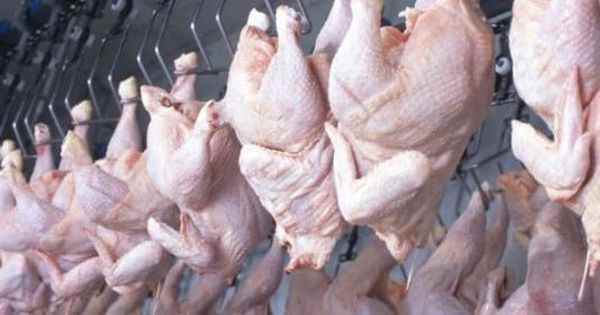Posted on 03/26/2021
2 min read
Food fraud “is on the increase” in Europe and France, assures the NGO foodwatch, which is launching a campaign in France on Thursday to obtain more “transparency” from the French authorities, in particular on companies “caught in default”.
According to her, “the subject remains taboo in France”. “At best, we only have access to very general information on the conclusions of certain investigations carried out by the repression of fraud (DGCCRF) or the General Directorate of Food (DGAL). But the name of the brands concerned by fraud, that products, manufacturers, quantities and places of sale for example, are mostly kept secret “, she regrets.
“Nothing justifies the current opacity. It is above all a political choice, today in your hands”, writes the organization in a letter, made public, addressed to the Minister of the Economy Bruno Le Maire and to that of Agriculture Julien Denormandie.
For its campaign, which is accompanied by a petition, the organization relies on a book entitled “Eat fake for real” (Editions Robert Laffont), the result of an investigation into food fraud in Europe led by Ingrid Kragl, in charge of investigations for foodwatch.
In 400 pages, she recounts the food scandals of recent years in Europe: horse meat sold as beef, sunflower oil suddenly become olive oil, much more expensive, thanks to the addition of chlorophyll , spoiled tuna injected with dangerous additives to make it appear fresh and which caused food poisoning …
It evokes Languedoc wines that have become Pomerol or Margaux, falsely organic products, those which claim a Protected Designation of Origin (PDO) without being able to claim it or even heavily chemically sweetened honey.
“I wanted to create an electroshock”, she explains to AFP. “Especially with the Covid-19 epidemic, things are not getting better, the control authorities being focused on other priorities in connection with the health crisis”.
Ingrid Kragl agrees that generally in France, “we are not the worst off“in the face of food fraud. But in the area of transparency, Ireland and Denmark “took the lead” and “show the example to all of Europe”, assures the NGO.
According to the European Commission, the losses for the industry linked to these food frauds are estimated at “around 30 billion euros each year” in Europe, recalls the organization born in 2002 in Germany and established in France since 2013.
Foodwatch adds that “organized crime networks have understood that there is a vein to exploit in food trafficking: little risk of getting caught and a godsend for money laundering.”
.
dts4
